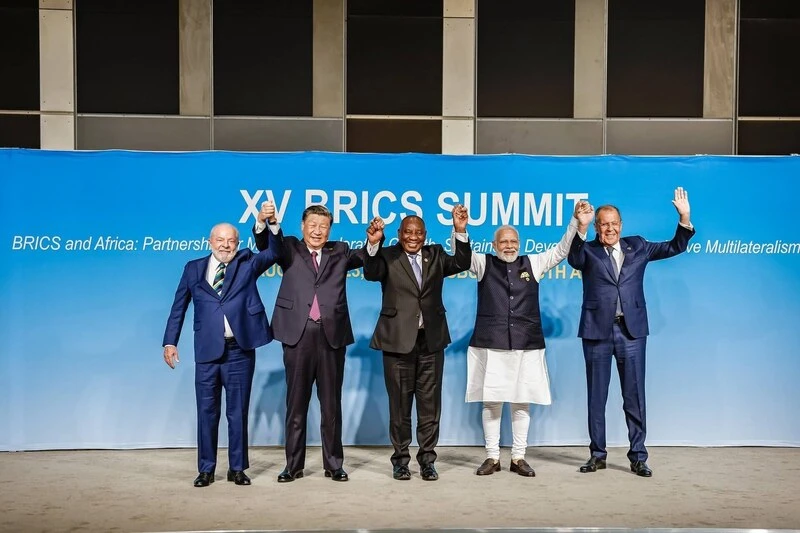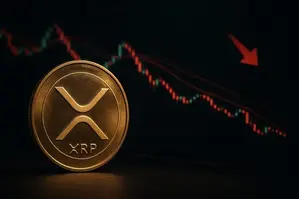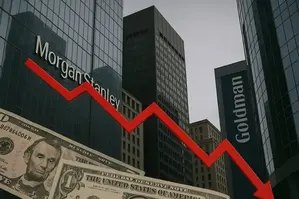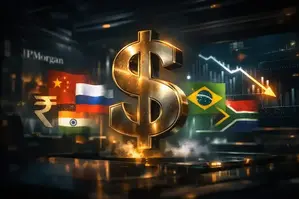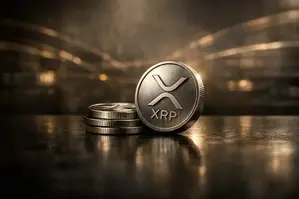Former U.S. Congressman Ron Paul revealed that the BRICS will meet in July to challenge the U.S. dollar’s global dominance. The 17th summit is scheduled to be held in Brazil’s Rio de Janeiro on July 7 and 8, 2025. The alliance will discuss major policy changes and rewrite trade deals that favor local currencies. This puts the US dollar’s hegemony at risk, as eight decades of supremacy could be threatened by developing nations.
Also Read: BRICS: 50+ Nations Now Use Yuan, Rupee, Ruble, Not US Dollar in Trade
“The BRICS alliance is preparing their “Rio Reset” this July. Exactly the challenge to dollar hegemony I’ve been predicting,” said Ron Paul on X. “When fiat money faces competition, Americans discover the true cost of endless money printing,” he wrote.
BRICS: ‘Rio Reset’ in July, Explains Ron Paul
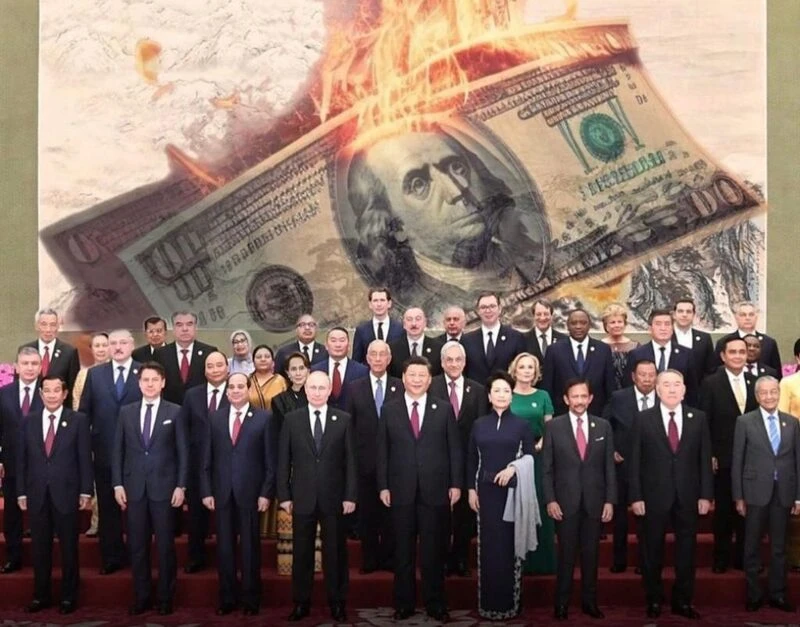
Ron Paul stated that BRICS will undo 80 years of US dollar’s supremacy and replace it with local currencies this July. The alliance will meet “to create an alternative to the dollar-based financial system that has dominated global trade for 80 years,” said the former Texas Congressman.
“People are calling this financial revolution the ‘Rio Reset’,” he explained. Moreover, the former Congressman believes that the US dollar’s days are numbered as BRICS could launch a concrete solution in July. The solution is to adapt local currencies for all cross-border transactions and reduce dependency on the US dollar.
Also Read: BRICS: Why US Dollar Can’t Afford To Lose Reserve Currency Status
However, the ‘Rio Reset’ in July 2025 from BRICS could pave the way for local currencies to rise the charts. Also, the development when the US dollar is struggling to climb above the 100 mark in the DXY index. In addition, data shows the currency is down nearly 8.8% year-to-date and had fallen 10.5% at one point this year.
This could be the best chance for BRICS to unveil their ambitious plan in July to derail the US dollar. The future of the global financial sector could be much different in the next decade than we know of it today.
